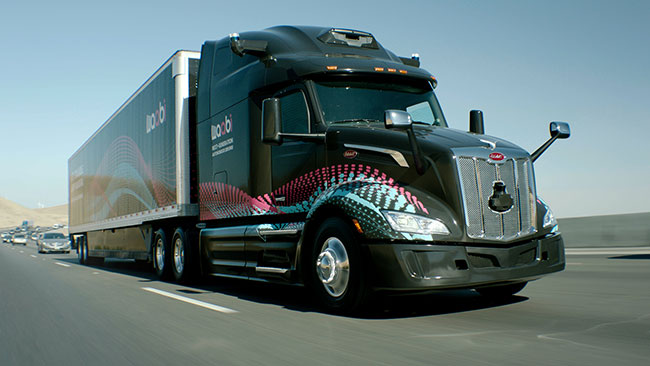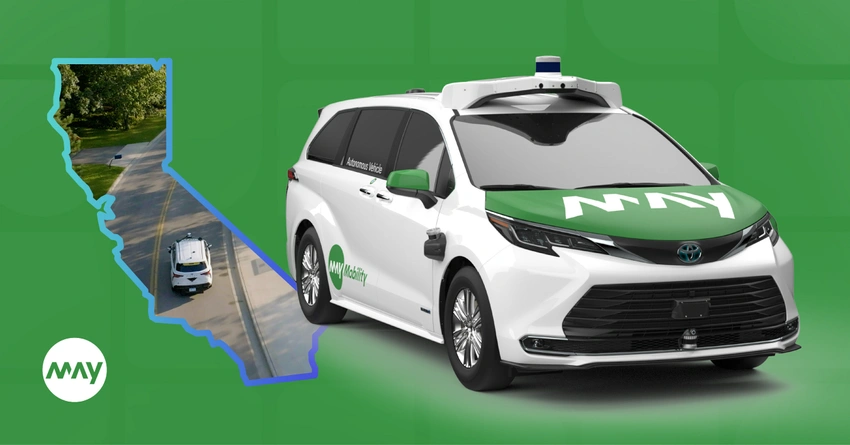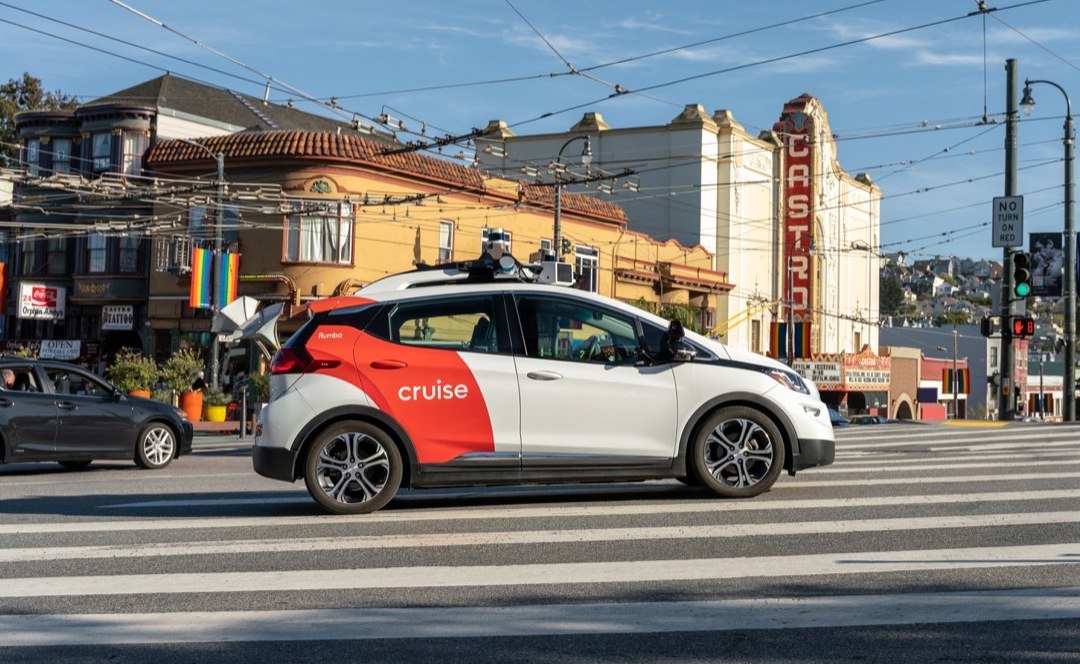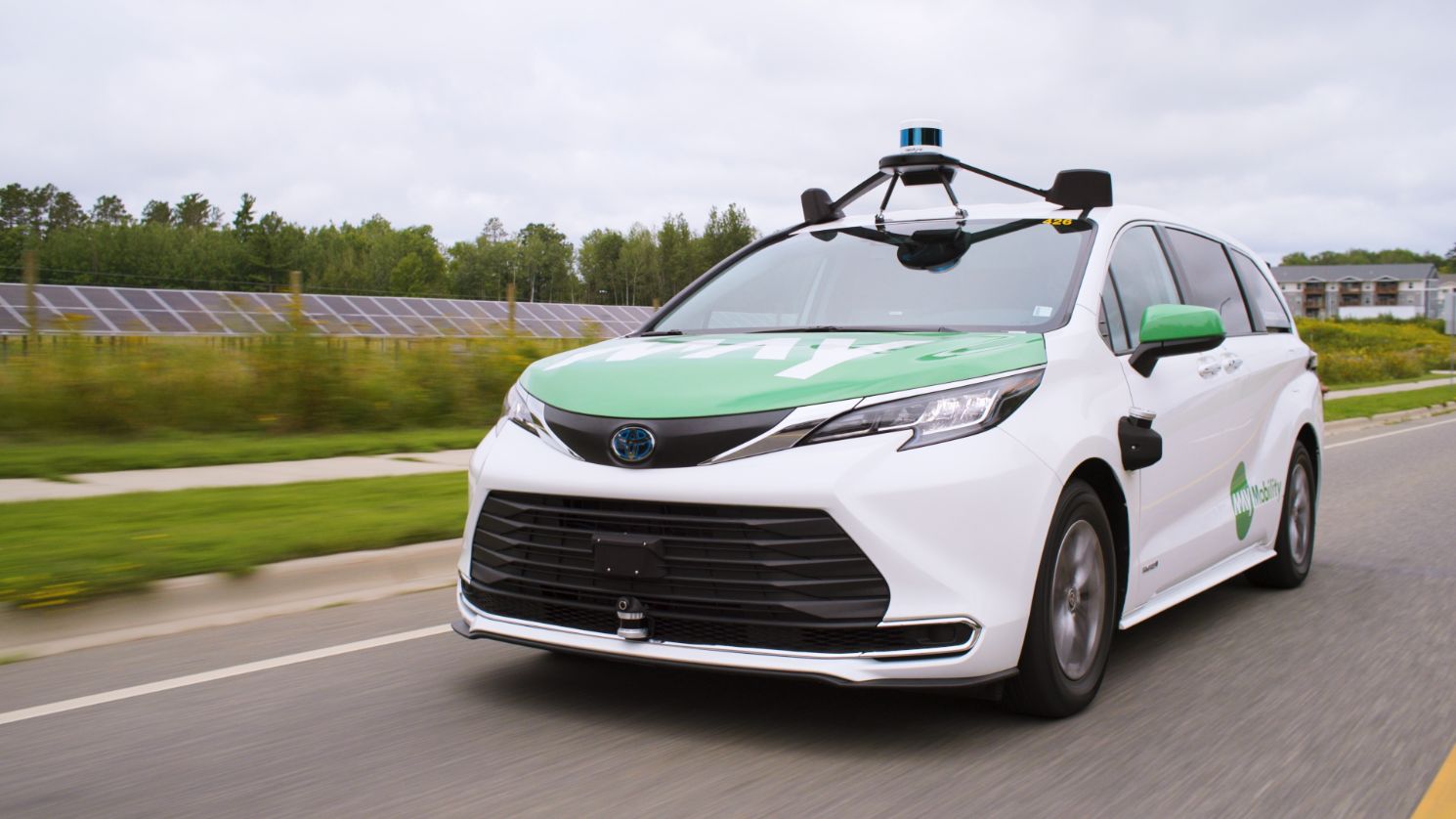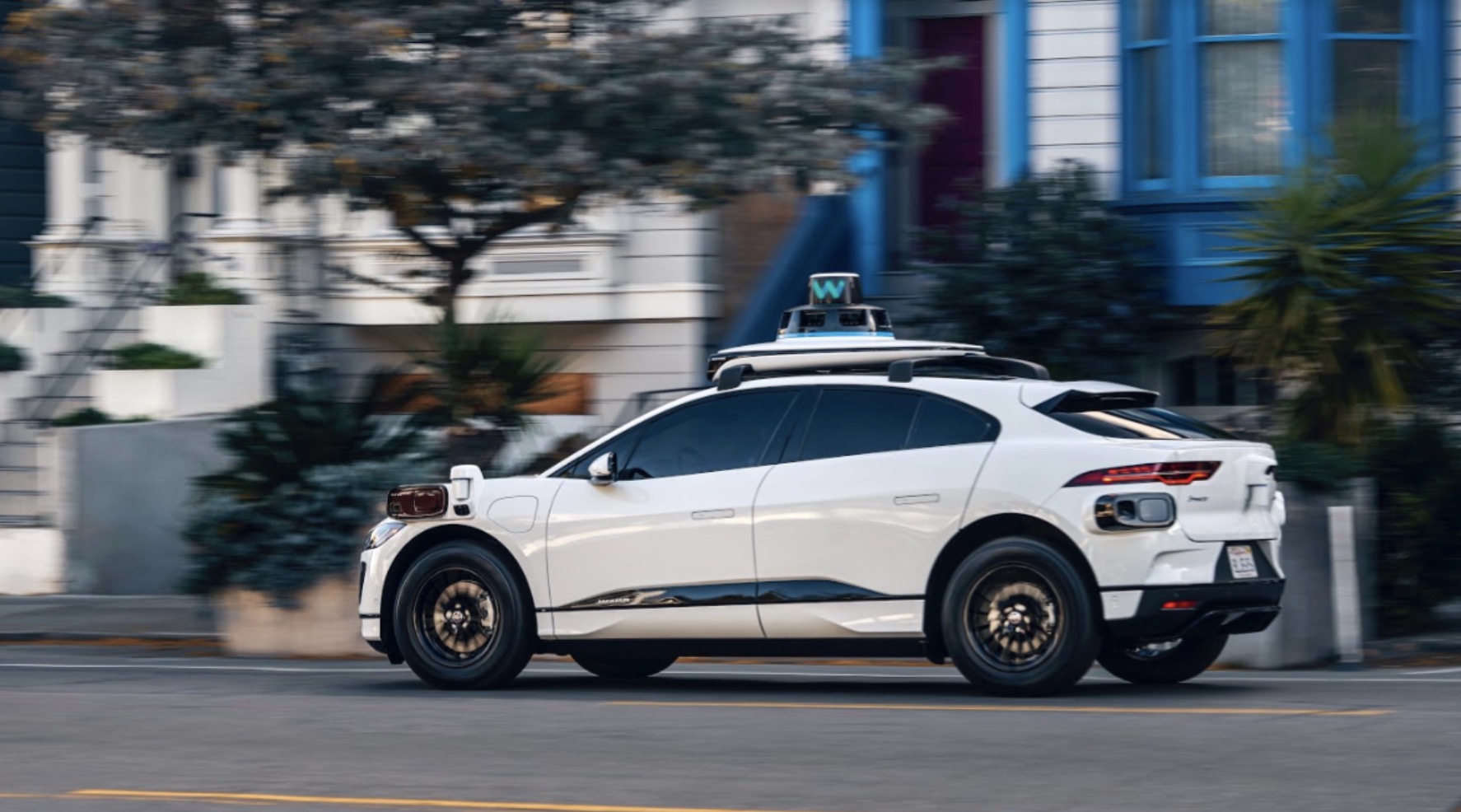Dubai is set to roll out its first fleet of robotaxis next month. These autonomous electric taxis, operated by Cruise, a subsidiary of General Motors, will mark a significant milestone in the city’s efforts to embrace cutting-edge technology.
Ahmed Bahrozyan, the CEO of Dubai’s Roads and Transport Authority (RTA), announced that five fully autonomous electric taxis will begin test drives on an 8-kilometer (5-mile) stretch in the prestigious Jumeirah district. Dubai aspires to lead the way as the first Middle Eastern city to introduce driverless taxis, setting itself apart from several other cities worldwide where autonomous taxis have been in operation, mainly in the United States and China.
See also: Dubai Introduces New Law for Autonomous Vehicles
Cruise, which already operates commercial robotaxis in U.S. cities like San Francisco, is making its debut outside the U.S. with this launch in Dubai. According to Bahrozyan, the RTA is conducting its own series of tests and trials to ensure the technology aligns with Dubai’s unique urban characteristics and weather conditions.
The RTA has ambitious plans to introduce 4,000 self-driving taxis by 2030, supplementing the existing fleet of 12,000 traditional taxis in the city. While the fares for these robotaxis are expected to be slightly higher than those for ordinary taxis, they will fall within the same price range as private car-hailing services like Uber.
In a groundbreaking move, Cruise has entered into a 15-year contract with the RTA, signaling a long-term commitment to the region. Bahrozyan envisions a future where autonomous vehicles dominate Dubai’s taxi fleet, establishing a new era of transportation for the Middle East’s vibrant tourist hub.
See also: Dubai Sets Goal for 100% Electrified Taxi Fleet by 2027
It’s worth noting that Cruise faced challenges a year after launching its robotaxis in California, leading to a reduction in its fleet size due to a series of collisions. Bahrozyan, however, emphasized that safety remains paramount in Dubai’s autonomous taxi initiative, with “zero compromise on safety.”
To facilitate the introduction of autonomous vehicles, Dubai enacted legislation in April to regulate these high-tech automobiles, setting rigorous standards for technical, operational, and safety aspects, as well as regulating their sale and purchase.
Dubai isn’t the only city in the United Arab Emirates (UAE) exploring the potential of driverless technology. WeRide, a Chinese autonomous car technology company, initiated robotaxi trials in Abu Dhabi in 2022. The UAE granted WeRide a license to test various autonomous vehicles, including robobuses and robosweepers, deepening the country’s involvement in the driverless revolution.
See also: Cruise’s Self-Driving Chevrolet Bolts Undergo Testing in Dubai Ahead of Robotaxi Launch
The Middle East is emerging as a key focus area for autonomous vehicles, with companies like WeRide actively expanding their presence in the region. Collaborations, such as WeRide’s partnership with the Saudi Artificial Intelligence Company to develop a robobus route, further demonstrate the growing interest and investment in autonomous transportation.
Additionally, Saudi Arabia’s Transport General Authority introduced self-driving buses during the 2023 Hajj season in July, providing an innovative transportation solution for pilgrims in Mecca.


